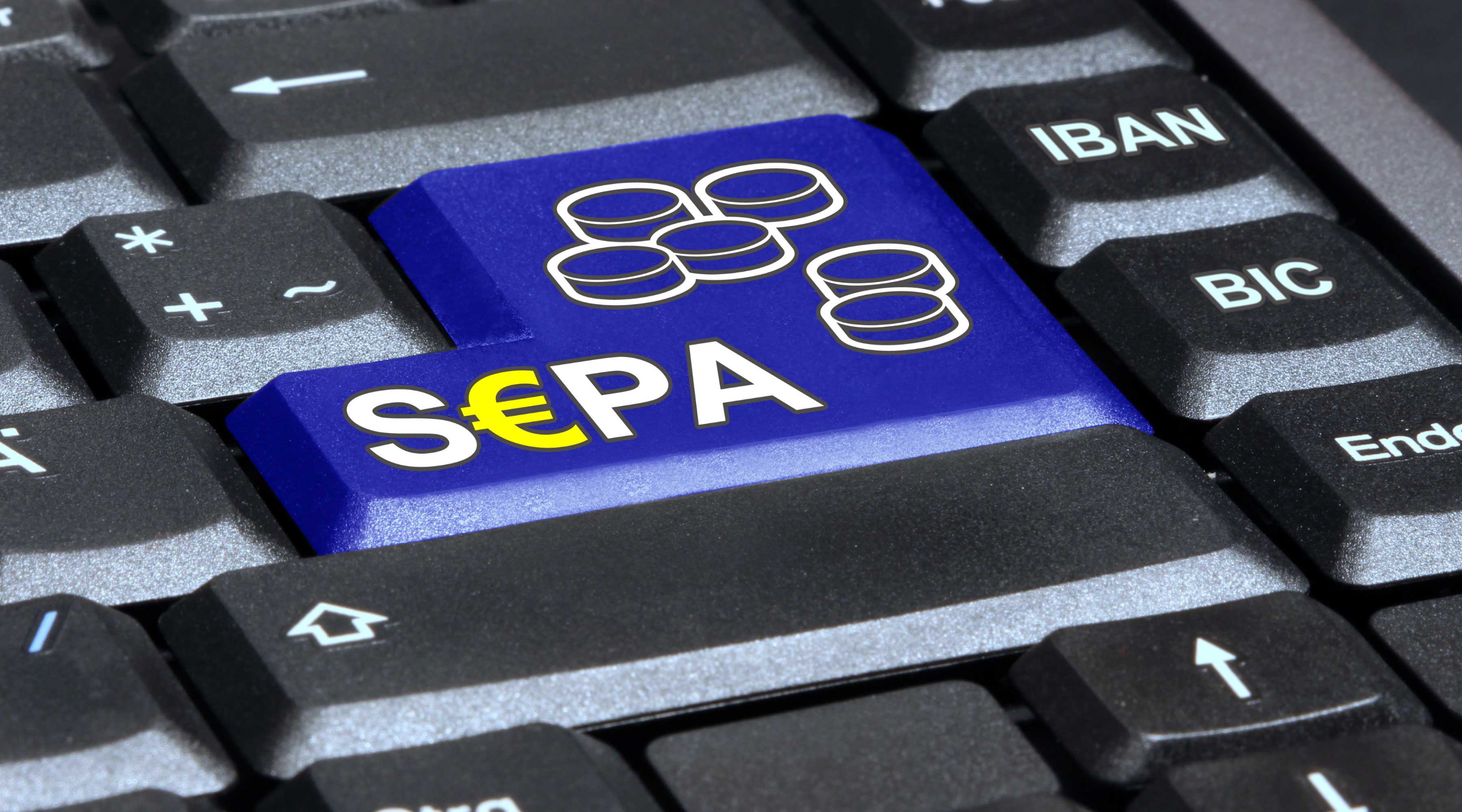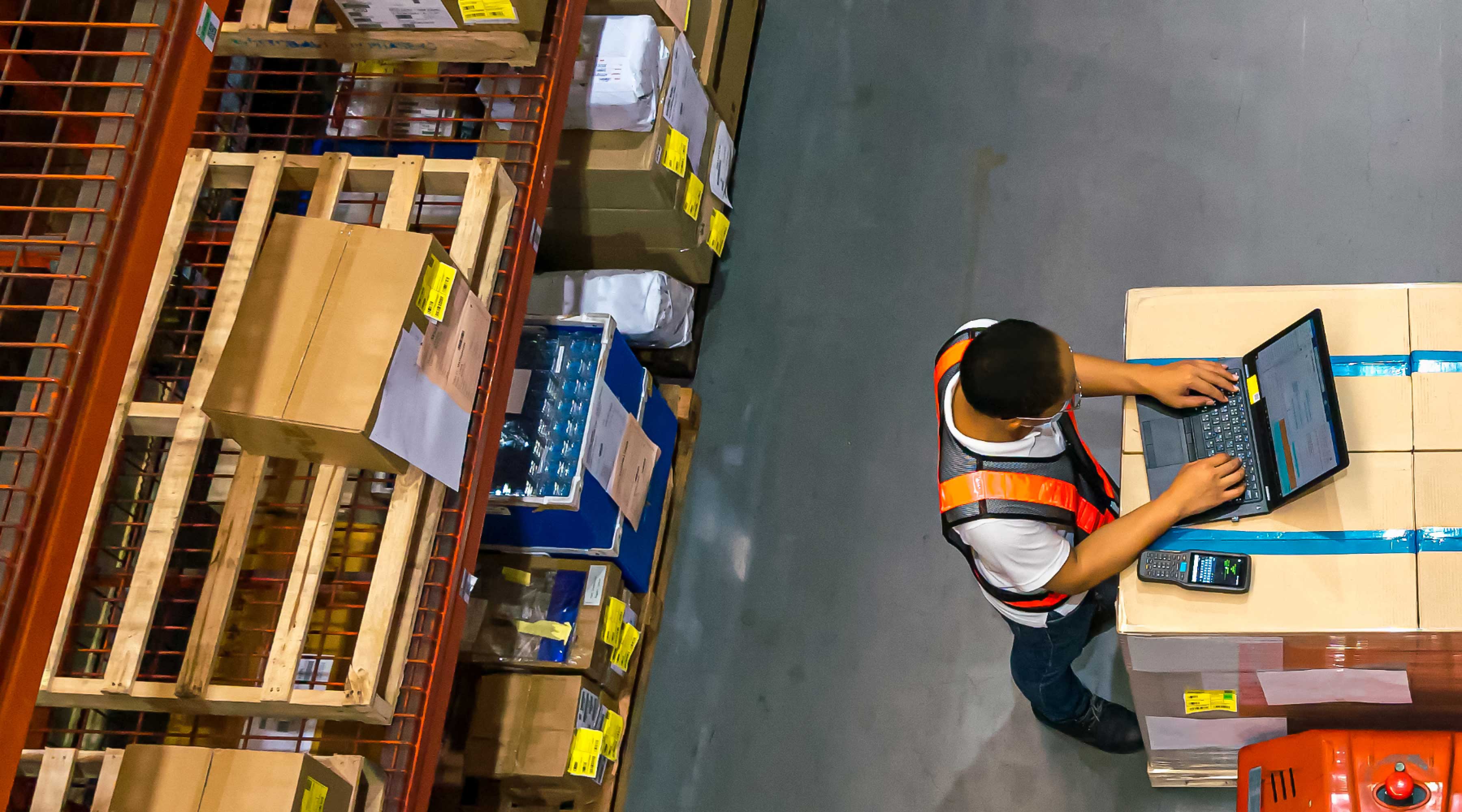

Key Takeaways:

SEPA payments refer to the transfers of funds conducted under the framework of the Single Euro Payments Area. This area comprises 36 European countries, including all members of the European Union, the European Economic Area, and several other nations. The purpose of SEPA payments is to facilitate convenient and efficient euro-denominated transactions across these countries.
SEPA payments are made possible through the harmonisation of payment schemes, standards, and regulations among participating and eurozone countries. This standardisation enables businesses and individuals to easily send and receive euros across borders without the need for separate accounts in each country. By using a single set of payment rules and formats, SEPA simplifies and streamlines the process of cross-border transactions.
The Single Euro Payments Area (SEPA) network is an innovative framework that aims to facilitate efficient and secure electronic payments across European countries. Simply put, its main purpose is to simplify cross-border euro payments and eliminate the differences between national and international payments in the European Economic Area (EEA).
This unified system was launched in 2008 to centralise the diverse domestic payment systems, enabling individuals and businesses to make fast, cost-effective, and convenient transactions within the SEPA participating countries.
By eliminating the need for multiple accounts with different banks, financial institutions, or payment service providers and promoting standardised payment instruments, such as direct debit and credit transfers, the SEPA network greatly simplifies cross-border payments. Moreover, SEPA's advanced technological infrastructure ensures high-level security measures and data protection, fostering trust and confidence in the payment system.
One of the key functionalities of SEPA payments is the use of International Bank Account Numbers (IBANs) and Business Identifier Codes (BICs) for identifying bank accounts and financial institutions. These standardised identifiers eliminate the need for complex and costly intermediary banks, thus reducing transaction costs and increasing efficiency.
With the SEPA Network, individuals and businesses can enjoy the benefits of a uniform and integrated payment market, making cross-border transactions as seamless as domestic transactions (transacting within their own country).

The SEPA network covers a total of 36 European countries and states, including all 27 EU member states, non-EU countries such as Switzerland, the United Kingdom, Andorra, San Marino, Vatican City, Monaco, and the three EEA (European Economic Area) countries.
The 27 EU member states covered by the SEPA network include Austria, Belgium, Bulgaria, Croatia, Cyprus, Czech Republic, Denmark, Estonia, Finland, France, Germany, Greece, Hungary, Ireland, Italy, Latvia, Lithuania, Luxembourg, Malta, Netherlands, Poland, Portugal, Romania, Slovakia, Slovenia, Spain, and Sweden. These countries are part of the SEPA initiative and have implemented SEPA payment schemes, allowing for cross-border euro transactions to be executed efficiently and cost-effectively.
In addition to EU member states, the SEPA network extends to other European countries such as Switzerland and the United Kingdom. Switzerland, although not part of the EU, has voluntarily joined SEPA, enabling its citizens and businesses to make and receive euro payments within SEPA. The United Kingdom, although it officially left the EU on January 31, 2020, is still part of the SEPA network during the agreed-upon transition period. Therefore, individuals and businesses in the UK can continue to benefit from SEPA's cross-border payment services until the end of the transition period.
Furthermore, SEPA includes smaller European micro states that have special monetary arrangements with the EU like Andorra, San Marino, Vatican City, and Monaco. These countries are not EU members but have opted to participate in SEPA to facilitate euro transactions within their territories.
Lastly, the SEPA network covers the three EEA countries, Iceland, Liechtenstein, and Norway, as part of their membership of the EEA. As EEA members, these countries benefit from SEPA's payment schemes, enabling the smooth processing of euro transactions.
The European Central Bank (ECB) and the European Payments Council (EPC) are the key institutions driving the implementation of SEPA. The ECB is responsible for setting the overall strategic and legal framework and ensuring the efficient functioning of payment systems within the euro area.
The EPC, on the other hand, develops the technical standards and business rules necessary for the implementation of SEPA. The EPC also addresses any issues or disputes related to SEPA, working towards continuous improvement and innovation in the euro payments landscape. Overall, SEPA aims to promote seamless and secure payments for individuals and businesses across Europe.

There are three different types of SEPA electronic transfer available to individuals and businesses for electronic euro payments. These types include SEPA Credit Transfers (SCT), SEPA Instant Credit Transfers (SCT Ins), and SEPA Direct Debits (SDD).
SEPA Credit Transfers (SCT) allow for efficient and secure transfer of funds between bank accounts across SEPA member states. Typically used for a one-off or single payment and processed within one business day, these transfers facilitate both personal and business payments, ensuring transparency and consistency in transaction costs and processing times.
SEPA Instant Credit Transfers (SCT Inst) are a rapid version of SEPA Credit Transfers, allowing funds to be transferred in real-time, 24/7, every day of the year, including public and bank holidays. Introduced to meet the demand for faster transactions, SCT Inst ensures that funds are available in the recipient’s account within seconds. This service is particularly beneficial for urgent payments, enhancing cash flow management for businesses and providing immediate settlement for individuals. While offering the same security and standardisation as SCT, the instant transfer capability sets SCT Inst apart, catering to the need for speed and immediacy in financial transactions.
SEPA Direct Debits (SDD) are a payment method within the SEPA framework that enables businesses adn individuals to collect recurring euro-denominated payments directly from a customer’s bank account. Unlike SCT and SCT Inst, where the payer initiates the transaction, SDD allows the payee to initiate the payment with prior authorisation from the payer. This system is ideal for regular payments such as utility bills, subscriptions, and mortgage instalments.
SEPA Direct Debit payments are available in 2 different variations:
SEPA Direct Debits ensure predictable payment schedules and streamline the collection process, offering a convenient and automated solution for both payers and payees within the SEPA region.

SEPA transfer times and limits can vary, depending on what type of SEPA transfer is chosen.
While SEPA transfers are considered to be both safe and reliable within the financial landscape, there are still some associated risks that every business and individual making use of this system should be aware of:

To minimise and mitigate these risks, it is crucial to double-check all payment details and ensure accurate and complete information is provided when making SEPA transfers. Keeping track of exchange rates and, if necessary, considering hedging strategies can help mitigate the impact of currency fluctuations. Additionally, having contingency plans and alternative payment methods in place can help manage the consequences of delayed or failed SEPA payments.